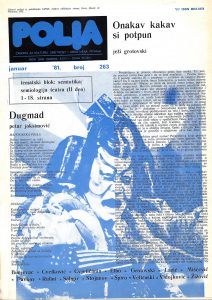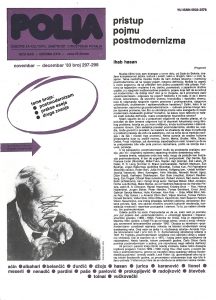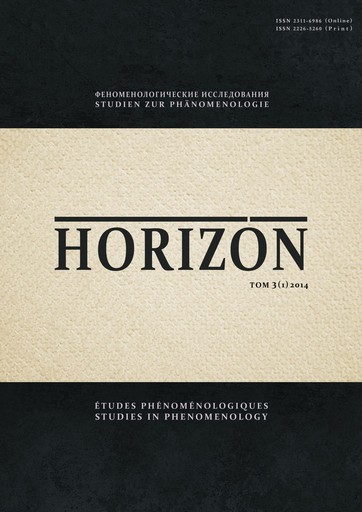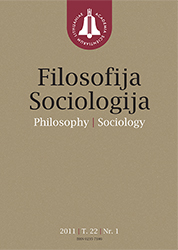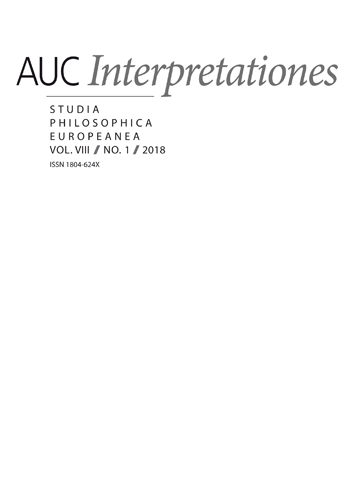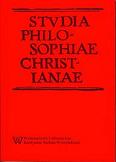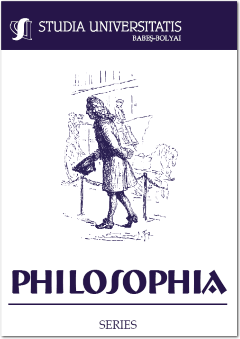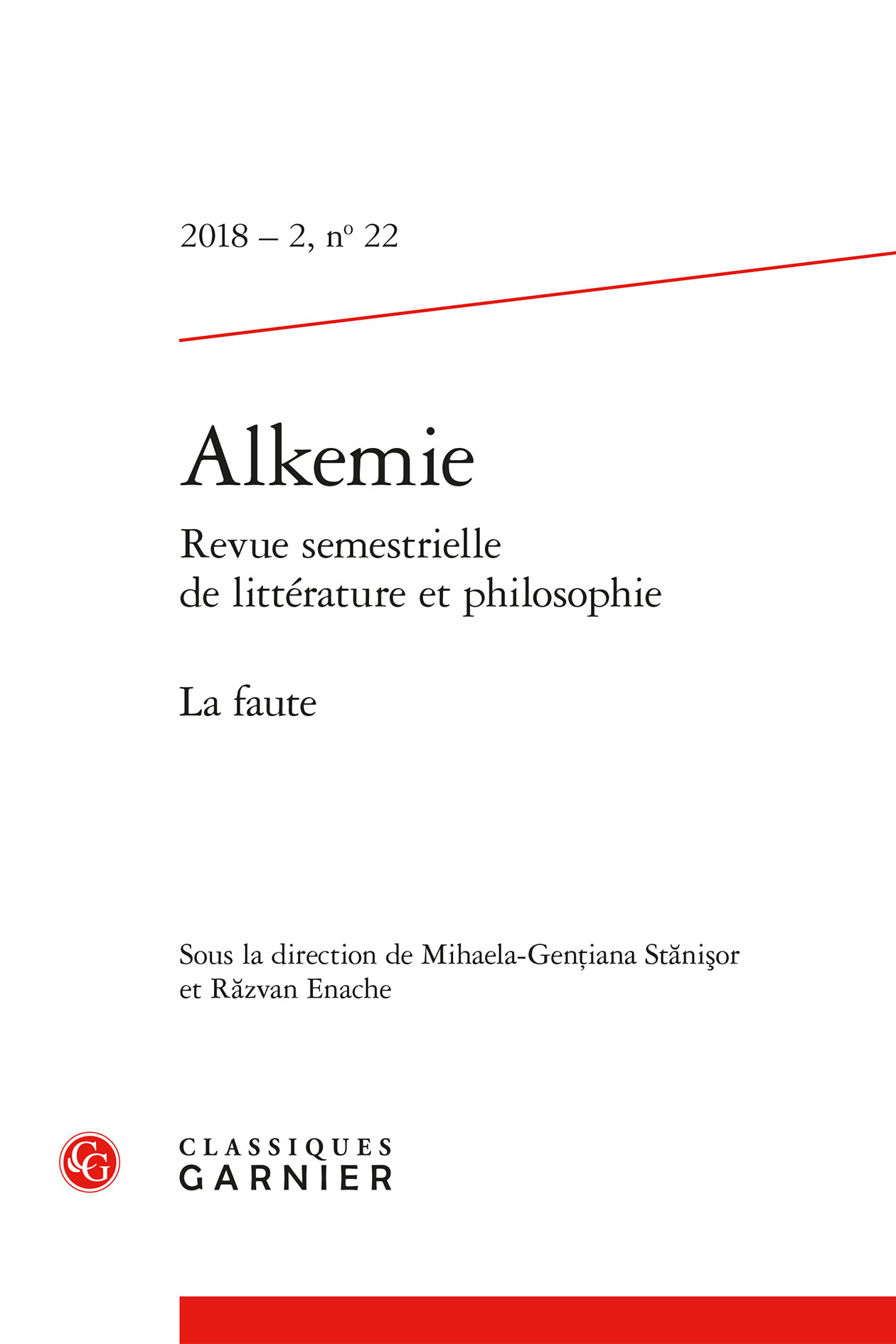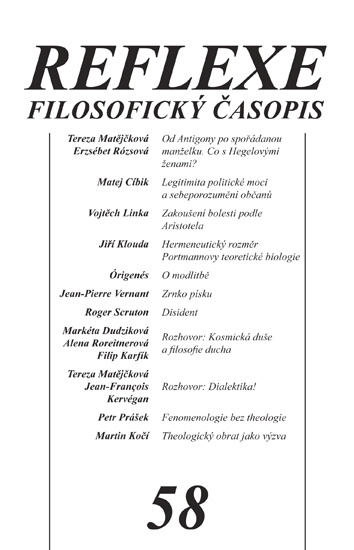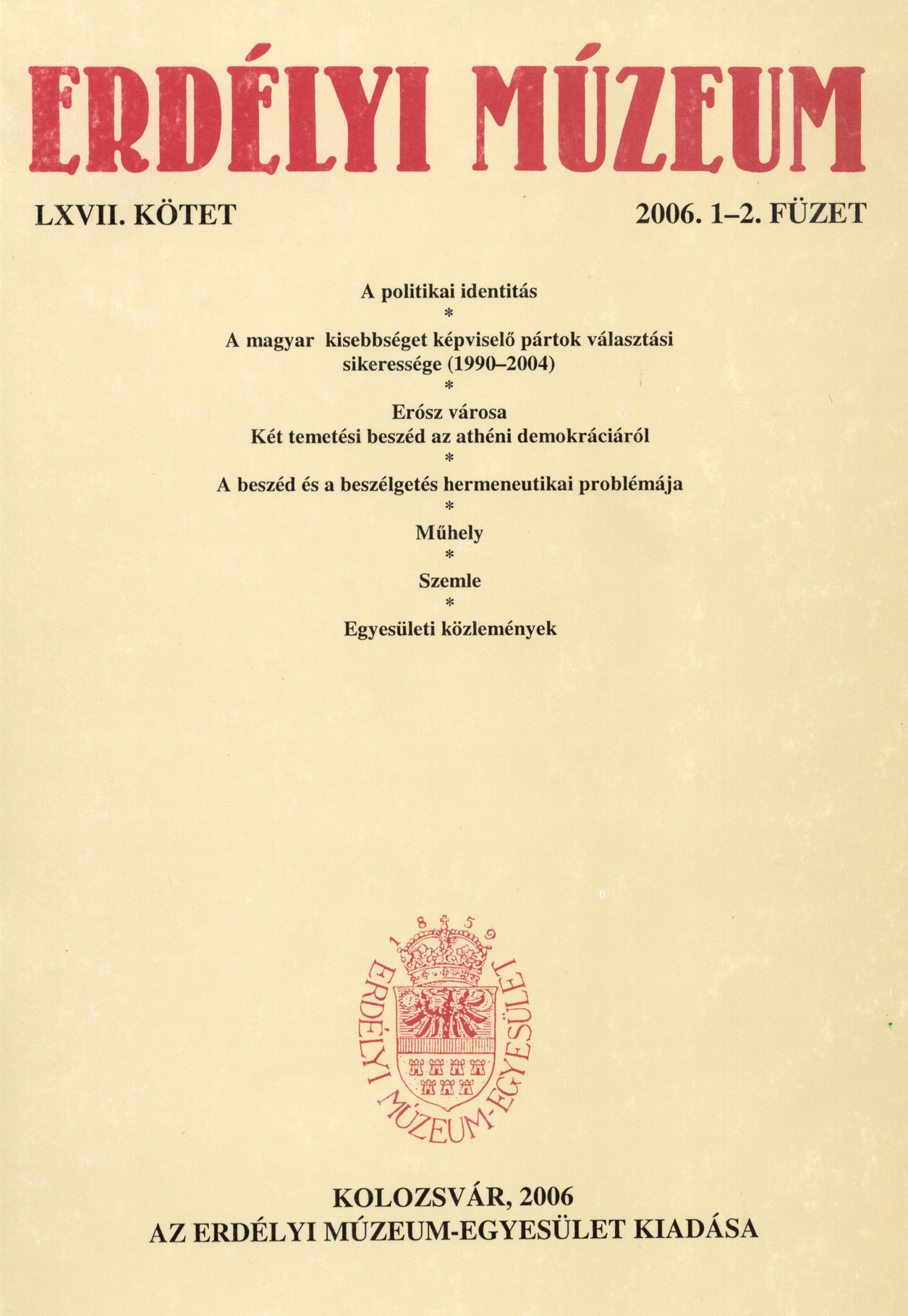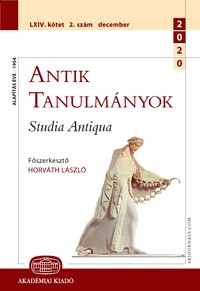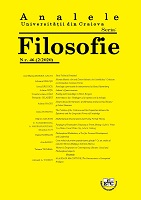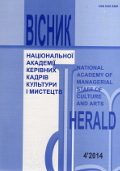
КУЛЬТУРОЛОГІЧНА ГЕРМЕНЕВТИКА ЯК МЕТОДОЛОГІЧНА ОСНОВА ДОСЛІДЖЕННЯ ФЕНОМЕНА ІНТЕРПРЕТАЦІЇ
The interpretation, namely, the artistic interpretation can be viewed as one of the integral culture-forming phenomena. So it is worth of synthesizing inter-disciplinary and inter-methodological studying.Traditionally, one of the dominant methodologies of researching the interpretative thematic was Hermeneutics, a methodology originating from Ancient Greece where it was applied to Homer’s poems. In the Middle Ages the hermeneu-tic operations were used to descry the ultimate meaning of the Holy Writ. Much later Schleiermacher invested Hermeneutics with a psychological meaning, using it as a means of understanding the inner world of other person, as it is ex-pressed in the speech, and, especially in writing. This was the beginning of so-called "methodological" Hermeneutics, the aim of which was to understand authors better than they understand themselves.Quite different approach was later suggested by M. Heidegger and his followers. Their "ontological" Hermeneutics in a way returns to the Medieval supposition of the manifestation of transcendental Being in a literary text. Therefore, the main task of a hermeneutist is to understand not the author as a person, but the implicit meanings of the text that can be quite different from the author’s intention. Such a presupposition is very close to the main principles of Ukrainian philosophical (and para-philosophical, expressed in belles-lettres) thought.Undoubtedly, both methodological Hermeneutics of Schleiermacher and ontological Hermeneutics of Heidegger and his followers have great euristic potential. Still, the contemporary situation of active inter-cultural and inter-civilization dialogue leads us to the necessity of enriching the Hermeneutic with the achievements of compatible methodologies (Analytical psychology, Structuralism, Morphology of Culture etc). All of these methodologies are centered on the trans-personal levels of the text, where the "spirit of culture" leaves its traces more clearly. An author here appears to be a medium, conducting independent, "objective" messages to the recipients.In a way, the same can be said about the mostly French "post-philosophies" (postmodernism, poststructuralism etc). The main difference is in the negative attitude of their representatives to such transpersonal messages. As the tran-scendental reality (Haidegger’s Being) is denied, the only transpersonal level left is the cultural subconsciousness that speaks through the author independently of his/her will. But, if K. G. Jung believed such a collective psyche to be full of spiritual treasures, French thinkers suspect that it contains only the suppressed complexes and traumas.This cardinal difference between the world outlooks does not forbid integrating the achievements of different methodological approaches into something new. The general goal of maximal understanding not only of the text, but its widest cultural context, allows us to define such a "synthesizing" approach as the Culturological Hermeneutics. Here different methodologies take their place on the different stages of studying the text. "Analytical" approach allows us to go into the details, "synthetic" – to return to the text as a whole. Thus we can turn a hermeneutic circle into a spiral and go ever deeper into the layers of meaning.Such a procedure demands studying the text in all possible cultural contexts: personal, social and universal. To do this we can make use of the term "paradigm". In our case it is a cultural paradigm, that characterizes the specific cultural features of a certain social entity. It leads us to investigating the cultural invariants, such as archetypes. It is well-known, that they are remarkably constant, appearing worldwide through the ages. Still the specific set of archetypes and the way they are interpreted are unique for each cultural paradigm. This archetypal matrix can be seen in all the artistic works belonging to a paradigm. That is why Culturological Hermeneutics is to view an author both as a person and as a more or less typical representative of a certain cultural paradigm. It leads us from the traditional understanding of the artistic communication between author – text – recipient, to the intercultural communication in the global context.According to H.-G. Gadamer, the main purpose of hermeneutics is the achievement of understanding. This purpose is especially important in the times of great political, social and cultural changes, that demand, amid other things, the renovation of the lost traditions and liaisons. It makes hermeneutics, namely, culturological hermeneutics, that aims at the maximal understanding of a text and all its possible contexts, especially important.
More...
